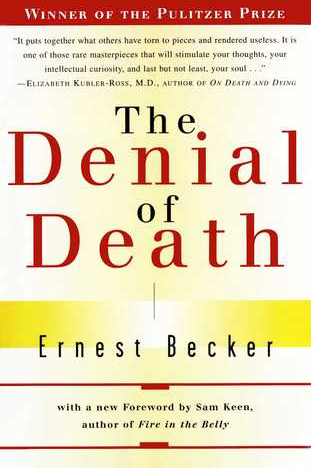Ernest Becker’s The Denial of Death endures because it confronts the most universal yet most repressed dimension of human existence. Its brilliance lies in revealing that the striving for immortality, though the source of creativity and culture, also generates domination and self-destruction. The book’s continuing relevance lies in its invitation to craft new forms of heroism—rooted not in denial, but in reverence for life’s transience.
As Becker (1973) wrote, “To live fully is to live with an awareness of the rumble of terror that underlies everything.” This awareness, far from paralyzing, can become a ground for humility and responsibility—a philosophical and ethical stance indispensable in an age that must learn to die before it can learn to live sustainably.
Integrating Becker with ecological thought suggests that humanity’s survival depends not on overcoming death but on reintegrating mortality into culture—ritually, educationally, and politically. “Ecological grief,” “death literacy,” and “planetary mourning” movements represent precisely such attempts to transform denial into awareness. In this light, The Denial of Death is not merely a psychological classic; it is a foundational text for ecological civilization.

